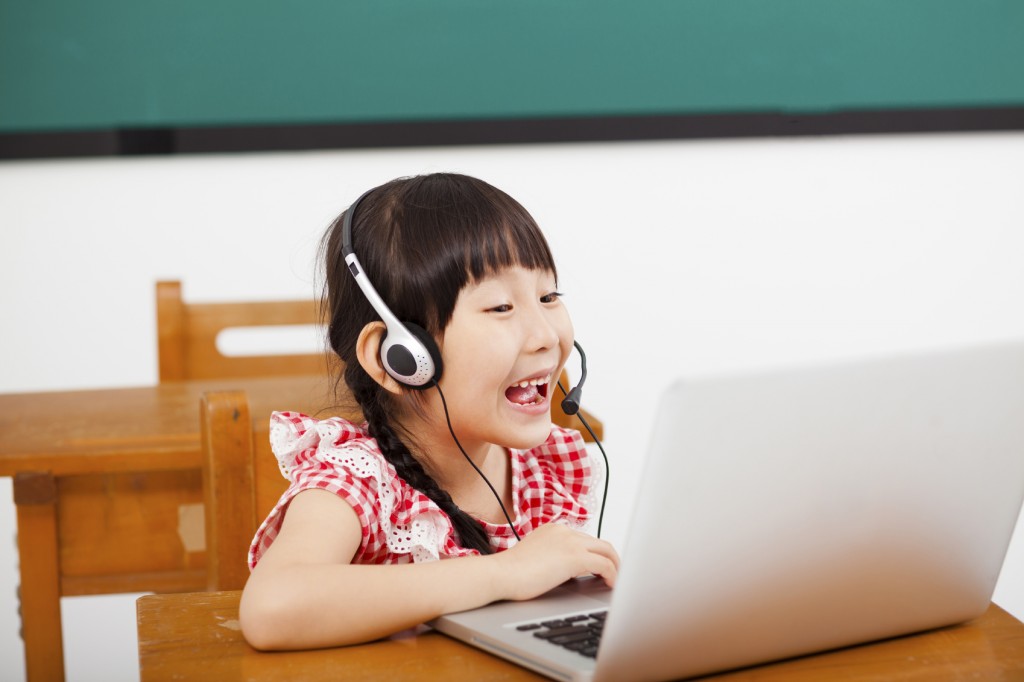Great Language Development Lessons for Bilingual Parents
There is a difference between language and speech. Language is unique to humans and is defined as the underlying system that allows humans to interact, share their ideas and thoughts. Language is divided into receptive language, aka understanding language and expressive language, the ability to express thoughts and ideas. Language is essential for cognition and academic development.
Speech, on the other hand, is the ability to coordinate complex system of breathing and articulation, using your tongue, lips and jaw to express language.
Bilingual Homes
Bilingual children are those exposed to another language from birth. That is different process than children who are exposed to one language at birth and then taught a second language later in life.
Lessons for Bilingual Parents
Raising bilingual children poses unique challenges. But probably the biggest challenge is one we all face. What is the best way to foster language development? The answer is to chat in the presence of your child from birth. Narrate your daily activities using short sentences: I’m washing dishes; Dad is cooking dinner. We are walking.
In a bilingual home, parents should speak to their children in the language in which they are most comfortable. The reason for this is that language conveys not only thoughts but also emotions. And emotion does not always present successfully in a second language. Also, it is preferable to model proper speech and grammar, a task at which not everyone excels.
It is also recommended not to mix two languages in one sentence. Though it is a natural tendency on our part, it is preferable to avoid the mix during the early language development stage.
Though raising bilingual children adds an additional chapter to the parenting manual, the benefits are great!
If you can teach your child any language what language would it be?
Click the button below to schedule your free call.

